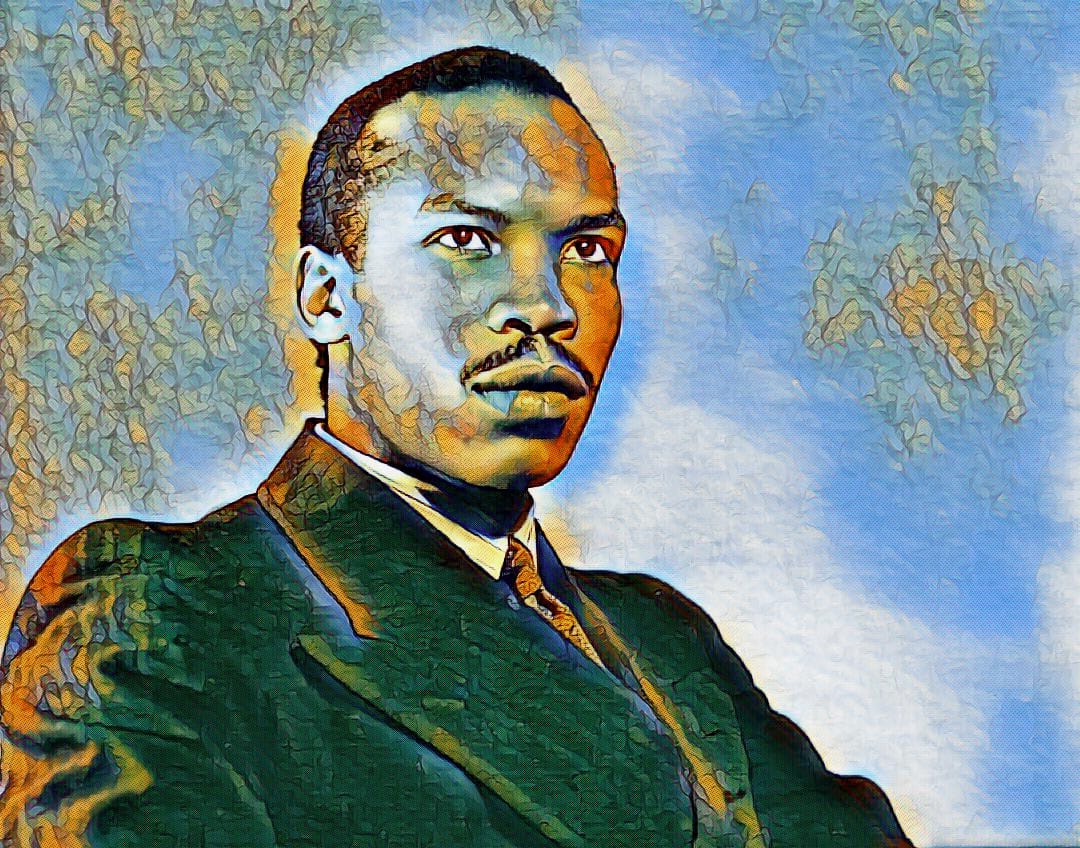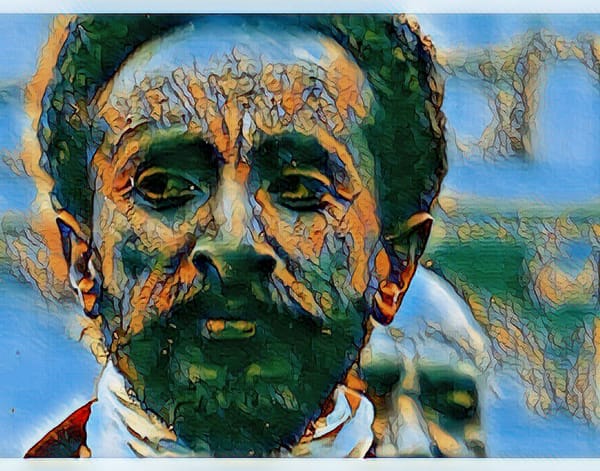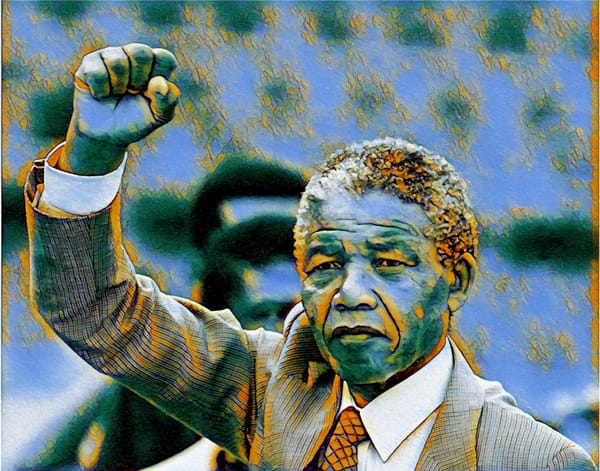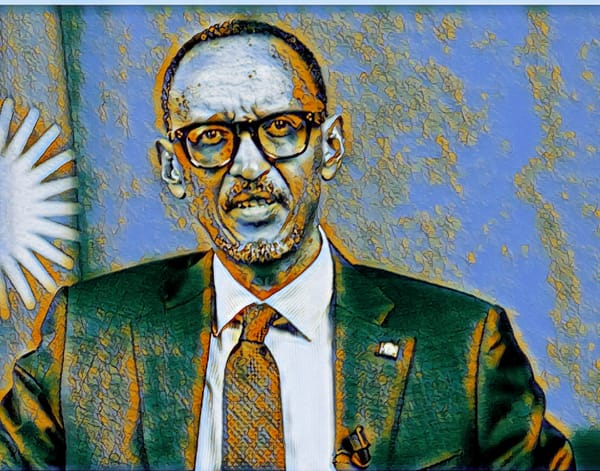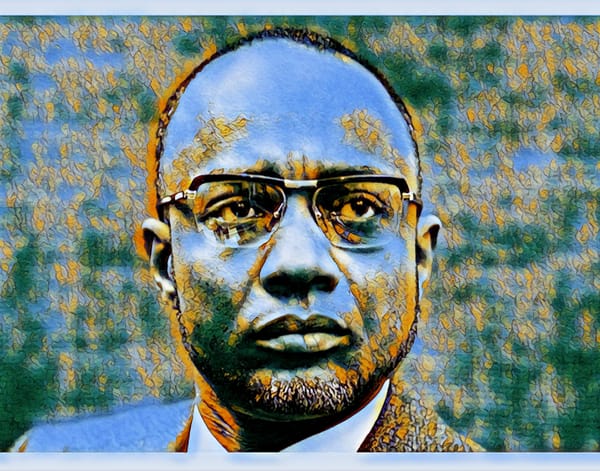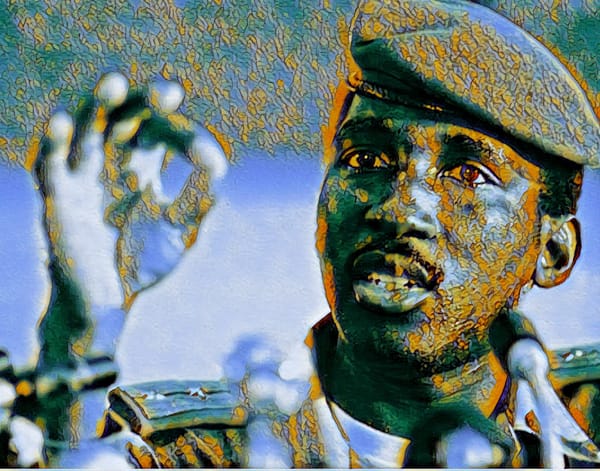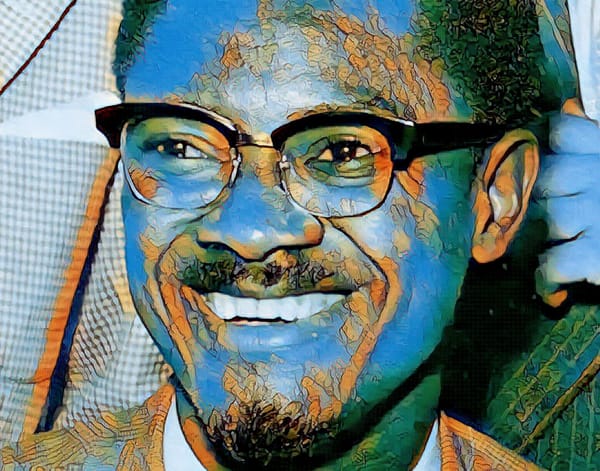Africa's Quintessential Statesman

A Land Flowing With Milk & Honey
This reality suggests amongst other things that, the true engine of change lies not necessarily in the abundance of natural resources or perhaps in the advancements of technology, but in the power and capacity of the human resources at hand. It's in the collective strength, the shared wisdom, and the united efforts of people, that the potential for real and lasting transformation is found.
Leadership, in its most impactful form, recognizes and harnesses this power, guiding it towards a common vision for a better future. This kind of leadership goes beyond directing from the front; it involves embodying the character traits that reflect that inspiring future. When individuals are empowered to contribute their strengths, skills, and passions towards a common greater good, the possibilities for transformation are boundless. Sir Seretse Khama's tenure as the first President of Botswana embodies this truth. His leadership was not just about the policies he implemented or the speeches he gave; it was about how he engaged with the human resources of his nation and beyond.

Unlike other African states at the time, the Botswana that Sir Seretse Khama assumed stewardship of at the country’s independence in 1966 was one that could not boast of rich mineral reserves. In fact, Botswana was marked by stark economic underdevelopment, minimal infrastructure, and widespread poverty. The economy was largely based on subsistence farming, with cattle rearing being one of the few sources of income for a significant portion of the population.
Economic activity was minimal, largely informal, and the concept of a wage-earning job was a distant reality for many. Additionally, the literacy rate was low, with not a single university in the country; health services were rudimentary at best, recording some of the highest infant mortality rates worldwide. To add insult to injury, the country lacked access to the sea, had scarce arable land, and suffered from periodic droughts that further threatened its agrarian-based economy.
A Bird In Hand Is Worth Two In The Bush
Indeed, the challenges were daunting, but Khama's vision for Botswana was one of hope and renewal. He saw beyond the immediate deprivations of his country into a future where Botswana would not only survive but thrive. Recognizing the inherent value of Botswana's traditional economy, he skillfully harnessed the resource of cattle to bolster the nation's development. At the time of independence, the country possessed one of the largest cattle populations in Africa relative to its human population. Under his leadership, efforts were made to improve cattle production and quality, enhance veterinary services, and invest in infrastructure that supported the beef export industry.

This not only brought considerable foreign exchange revenues into the country but also helped to stabilise the rural economy and provide a sustainable source of income for thousands of Batswana.
In an unprecedented fashion and in less than seven months into Sir Seretse Khama's presidency, Botswana's fate took a dramatic turn. The country had discovered diamonds underneath its soils. And although history is replete with examples of countries rich in natural mineral resources that have failed to translate such wealth into widespread economic development for its people— not Seretse Khama’s Botswana.
"It should now be our intention to try to retrieve what we can of our past. We should write our own history books to prove that we did have a past, and that it was a past that was just as worth writing and learning about as any other. We must do this for the simple reason that a nation without a past is a lost nation, and a people without a past is a people without a soul". - Seretse Khama
A True Meritocracy
Khama's government entered into negotiations with the De Beers company to establish the Debswana Diamond Company, a joint venture that ensured the profits from diamond mining would benefit the country and its people. This partnership was groundbreaking, not only for the equitable split in revenue it proposed but also for the level of control it afforded the Botswana government over the exploitation of its mineral resources.
Khama understood that for Botswana to progress rapidly, it needed to build capacities in sectors where it had little or no expertise. By inviting skilled workers from abroad, Botswana was able to accelerate its development in critical areas such as healthcare, education, and infrastructure development. These foreign experts brought with them valuable skills and knowledge that were instrumental in the country's early development efforts. However, Khama was determined that these collaborations would not replicate the exploitative patterns seen in other postcolonial contexts.
"History has shown that a leadership which divorces itself from the people is a leadership devoid of wisdom". - Seretse Khama
To this end, he ensured that partnerships with foreign workers and companies were structured in a way that provided clear benefits to both parties, but most importantly, that significantly favoured the growth and development of Botswana and its people. This approach was evident in the negotiation of mining contracts and the establishment of educational and health services, where foreign expertise was harnessed to build local capacity.
The revenue from diamond mining was strategically reinvested into the nation's infrastructure, education, and health services, laying the foundation for a diversified and resilient economy. Under Khama's stewardship, Botswana's diamond wealth was not squandered or allowed to fuel corruption and inequality. Instead, it was used to build schools, hospitals, roads, and water systems, and to invest in the skills and the well-being of its people. This prudent management ensured that the diamond wealth was a blessing to the nation, contributing to Botswana's emergence as one of the fastest-growing economies in the world for several decades.
A Love Story That Defied Superficial Thinking
Considering the geopolitical context of the time, with neighbouring South Africa entrenched in apartheid and Rhodesia (now Zimbabwe) under colonial minority rule, their love was a profound statement against the pervasive prejudices that sought to propagate ideas of separation and discrimination. This union, forged in the heart of London and solidified under Botswana’s skies illustrated powerfully how the bonds of love and shared humanity were far stronger than the superimposed, man-made restrictions of the era.
The backlash was swift and severe. In the eyes of a divided world, their love became a litmus test for the entrenched ideologies of segregation and colonial power dynamics. Seretse Khama's marriage to Ruth also received backlash from back home, notably from his uncle, Tshekedi Khama, who was serving as the regent and held considerable influence within the Bangwato tribe. This opposition was deeply rooted in both personal and political concerns, highlighting the intricate weave of familial loyalty and cultural norms.

As a British protectorate, Bechuanaland (now Botswana) was subject to the whims and pressures of British colonial policy, which at the time was heavily influenced by the broader dynamics of politics in the region, especially concerning apartheid South Africa. The British government, yielding to pressure from apartheid South Africa and fearing the political repercussions in the region, leveraged its control over Botswana as a protectorate. They sought to undermine Khama's rightful ascension to the chieftaincy of the Bangwato people and ultimately decided on his exile.
"Here we will have to learn how to share aspirations and hopes as one people, united by the common belief in the unity of the human race. Here rests our past, our present and most of all, our future". - Seretse Khama
This act of separation, forcing Seretse away from his homeland and his people, underscored the vulnerabilities of Botswana as a protectorate of the British and highlighted the arbitrary nature of colonial authority. Yet, the story of Seretse and Ruth also became a catalyst for change, intertwining their personal story with the national narrative of Botswana's journey towards independence. Their resilience in the face of opposition, and the eventual triumph over the forces that sought to keep them apart, resonated deeply with the people of Bechuanaland and wherever ideals of freedom and justice are cherished. Their story is proof positive that, in the end, love always finds a way to transcend barriers and blaze new trails where none existed.
Few Great Sources
- The Modern Day: History of Botswana by Siyabona Africa
- The Love Story That Shocked The World - BBC
- Seretse Khama: Encyclopedia Britannica

